views
Substance use disorders (SUDs) do not discriminate between any demographic. Not only does this include race, ethnicity, and socioeconomic class, but it also includes age. However, when it comes to age, we usually don’t think about how drug addiction affects a particular class of people: teens. Here’s how and why teens are often forgotten victims in the conversation of addiction and how we should respond to this troubling phenomenon.
How Common Is Teen Substance Abuse?
According to the Centers for Disease Control and Prevention (CDC), alcohol, marijuana, and tobacco are the most common substances teenagers use. Statistics show that more than 60% of high-schoolers have tried alcohol, 50% of high schoolers have tried marijuana, 40% tried cigarettes, and 20% have used prescription medications illicitly. Additionally, 10% of United States alcohol consumption is made up of people from ages 12-20, including binge drinking.
What’s more, those who identify as lesbian, gay, or bisexual are almost twice as likely to use illicit drugs, and opioid use is one of the fastest growing problems worldwide, including among teens. With these statistics alone, the idea that addiction in teens is a small issue in any sense is hardly sustainable.
There are warning signs for teens who abuse substances, including physical and emotional changes. Physical changes can include eating habits, enlarged pupils, sniffling, hyperactivity, and sweaty palms. Emotional changes include loss of interest in family, dishonesty, paranoia, irritability, and mood swings. Additionally, multiple effects of substance abuse among teens can extend beyond physical and emotional changes. Since most teens are either enrolled in high school or college, an academic decline can happen when teens abuse substances, such as declining grades, absenteeism, and the potential for dropping out.
What Are the Top Substances That Teens Abuse?
Beyond alcohol and tobacco use among teens, which rank as the highest use and abuse of all substances, marijuana far outperforms other substances, with percentage estimates as high as 36%, compared to the single-digit recordings of amphetamines, prescription pain relievers, sedatives, and tranquilizers. One reason marijuana use is much higher compared to other drugs is most likely because of widespread marijuana legalization efforts across multiple U.S. states, which makes it much more readily available.
Mayo Clinic reports that some consequences associated with teen substance use/abuse include dependence, risky sexual activity, mental health disorders, and impaired driving. Since marijuana is by far the most commonly used and abused substance among teens, it is important to know that marijuana use can impair memory, learning, problem-solving, and concentration, which is crucial among teens in their academic and young adult lives.
Beyond marijuana use, Mayo Clinic includes the risk of using the other top substances, such as the risk of heart failure and psychotic behavior, and respiratory distress in pain medication.
How to Respond to Teen Substance Abuse
So how can we respond to teenage substance abuse? The most important aspect associated with teen substance abuse is knowing where to turn. Parents should not only educate themselves about the wide range of drugs that their teenage children may come into contact with, but they should also consider resources such as podcasts and family checkup methods to help stay in open communication with their children.
U.S News & World Report offers a helpful breakdown of these action plans. Additionally, even teenagers who are friends or family members should know where to look when it comes to warning signs, behavior patterns, and overdose symptoms associated with substance abuse. This can go a long way in helping those we love get the help they need and avoid the deadly risk of overdose in the process. If you or someone you love is a teenager dealing with substance abuse, get the help you need now.
Sources
Delphi Health Group. (n.d.). Guide to Drug Addiction: Symptoms, Signs, and Treatment. Retrieved https://delphihealthgroup.com/addiction/
CDC. (2020 Feb 10). Teen Substance Use & Risks. Retrieved https://www.cdc.gov/ncbddd/fasd/features/teen-substance-use.html
Delphi Health Group. (n.d.). Guide to Alcohol Detox: Severity, Dangers, and Timeline. Retrieved https://delphihealthgroup.com/alcohol/detox/
U.S. Department of Health and Human Services. (n.d.). Substance Use in Adolescence. Retrieved https://opa.hhs.gov/adolescent-health/substance-use-adolescence
National Institute on Drug Abuse. (2017). Monitoring the Future: National Survey Results on Drug Use. Retrieved http://www.monitoringthefuture.org/pubs/monographs/mtf-overview2017.pdf
Substance Abuse and Mental Health Services Administration. (2022 Apr 13). Rise in Prescription Drug Misuse and Abuse Impacting Teens. Retrieved https://www.samhsa.gov/homelessness-programs-resources/hpr-resources/rise-prescription-drug-misuse-abuse-impacting-teens
Delphi Health Group. (n.d.) Addiction in Children: Are There Early Warning Signs? Retrieved https://delphihealthgroup.com/addiction/children/
Office of Justice Programs. (1998 May). Consequences of Youth Substance Abuse. Retrieved https://ojjdp.ojp.gov/sites/g/files/xyckuh176/files/pubs/drugid/ration-03.html
National Institute of Health. (2014 Jan). What Drugs Are Most Frequently Used by Adolescents? Retrieved https://nida.nih.gov/publications/principles-adolescent-substance-use-disorder-treatment-research-based-guide/frequently-asked-questions/what-drugs-are-most-frequently-used-by-adolescents
Delphi Health Group. (n.d.) Adderall Addiction. Retrieved https://delphihealthgroup.com/stimulants/adderall/
Delphi Health Group. (n.d.). The Most Potent (Strongest) Opioids Currently Available. Retrieved https://delphihealthgroup.com/opioids/most-potent/
Delphi Health Group. (n.d.) Sedative Addiction. Retrieved https://delphihealthgroup.com/sedatives/
Delphi Health Group. (n.d.) Guide to Benzodiazepine Addiction and Treatment. Retrieved https://delphihealthgroup.com/benzodiazepines/
Politico. (2022 Aug 3). Where Cannabis Legalization Efforts Stand Across the Country. Retrieved https://www.politico.com/news/2022/08/03/cannabis-legalization-efforts-across-the-states-00049224
Mayo Clinic. (2022 Feb 26). Teen Drug Abuse: Help Your Teen Avoid Drugs. Retrieved https://www.mayoclinic.org/healthy-lifestyle/tween-and-teen-health/in-depth/teen-drug-abuse/art-20045921
U.S. News. (2017 Aug 21). Where Parents Can Turn if a Teen Has a Drug Problem. Retrieved https://health.usnews.com/wellness/for-parents/articles/2017-08-21/where-parents-can-turn-if-a-teen-has-a-drug-problem














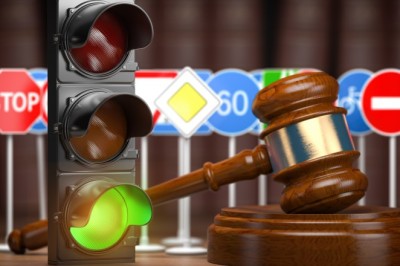





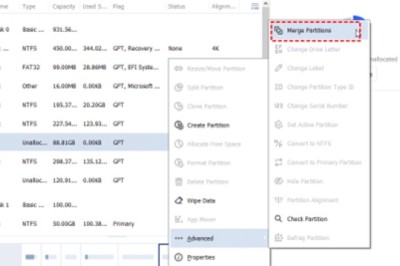

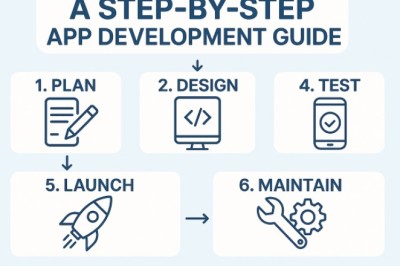
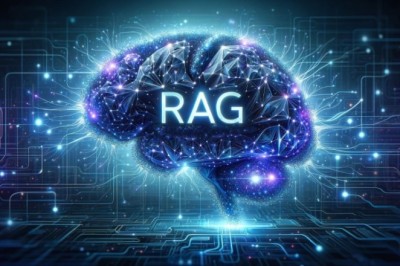
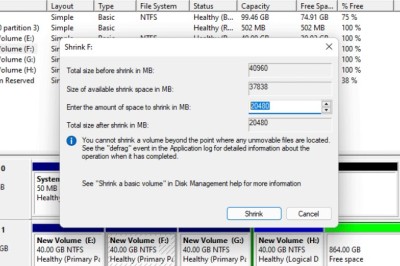
Comments
0 comment